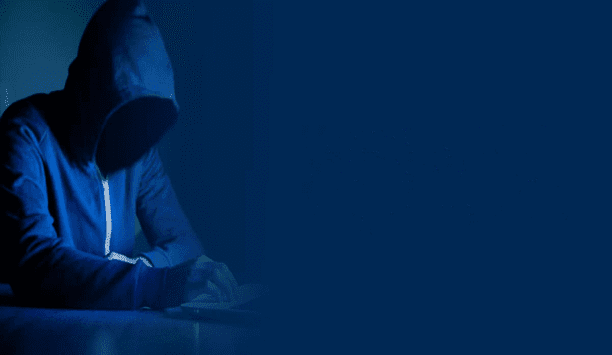 DVRs used to record interviews of suspects and victims
DVRs used to record interviews of suspects and victims
Heightened concerns over the safety of police officers and the need to defend officers against false allegations provided the impetus for Jacksonville State University (JSU) in Alabama to acquire March Networks video surveillance technology.
With little more than hand-held audio tape recorders at their disposal, police officers were previously unable to record facial expressions and non-verbal behaviour that could provide context for statements made by suspects and victims. Video surveillance at the police department's headquarters offers University Police Department (UPD) officers peace of mind.
"An irate person came to our office because his car had been immobilized by police due to a parking infraction," recalls Corporal Neil Fetner of the UPD. "He was in the lobby, upset and using profanity. When we brought him into the office, he continued misbehaving and we had to make an arrest. I was prepared to show the recording to the judge in court, but he pled guilty. It is nice to have that kind of record to be able to refute any wrong statements a person might make." The surveillance system has also provided a means of resolving incidents of conflicting information given during university judicial committee hearings where some students have occasionally denied making certain statements. Thanks to the March Networks system, UPD officers now have the capability to play back video and audio recordings of what was actually said.
Accreditation
The deployment of a video surveillance system throughout JSU's police department headquarters was also an important step in the accreditation of the UPD by the Commission for the Accreditation of Law Enforcement Agencies. With 14 uniformed officers and five patrol cars, Jacksonville State University's police department is one of the smallest full-service law enforcement agencies to be accredited by the commission. Divided by Alabama State Highway 21, Jacksonville State University's 459-acre campus in northeast Alabama is a bustling community of approximately 12,000 students, employees and visitors. With safety and security a key priority, JSU's police department sees future applications for road cam surveillance that would enable it to monitor highway traffic flowing through the campus.
In weighing its options for surveillance technology, the UPD evaluated three systems. Ease of operation, potential for expansion and technological design were deciding factors when it came time for the department to select the best system to meet its needs. The March Networks 4000 Series DVR was judged the best solution for the department's overall security plan, as well as for future video security expansion plans. "The quality of the hardware and the reliability of the system far outweighed other brands of equipment we looked at," Fetner says. State-of-the-art technology that would record continuously from all cameras at all times was a priority. Video is archived for 25 days, with only the police chief and Fetner having direct access to the archives.
 Crisp, clear
Crisp, clear
What's more, photos printed from video images are crisp and clear, and as such, can provide sufficient detail for identification purposes, he notes. The system is also "extremely easy to use," he says.
Fetner has experience with March Networks DVRs from a previous position he held. "I used this system before to prosecute a guy who robbed a bank and it provided such high quality video evidence that you could tell what kind of gun (the suspect used)."
The system is equipped with four 300 GB hard-drives for a total of 1.2 TB of storage and is easy to maintain and repair, Fetner adds. The deployment of the March Networks 4000 Series DVR was the first phase of the UPD's long-range master plan, which envisions the eventual addition of DVRs and cameras for 24-hour monitoring throughout the campus. March Networks' system offers the flexibility the university needs to implement a fully integrated security system in the future, says Al Harris, director of the university's news bureau.
"By installing such a high-quality system in the beginning, we're giving ourselves many more options to expand in the future."





